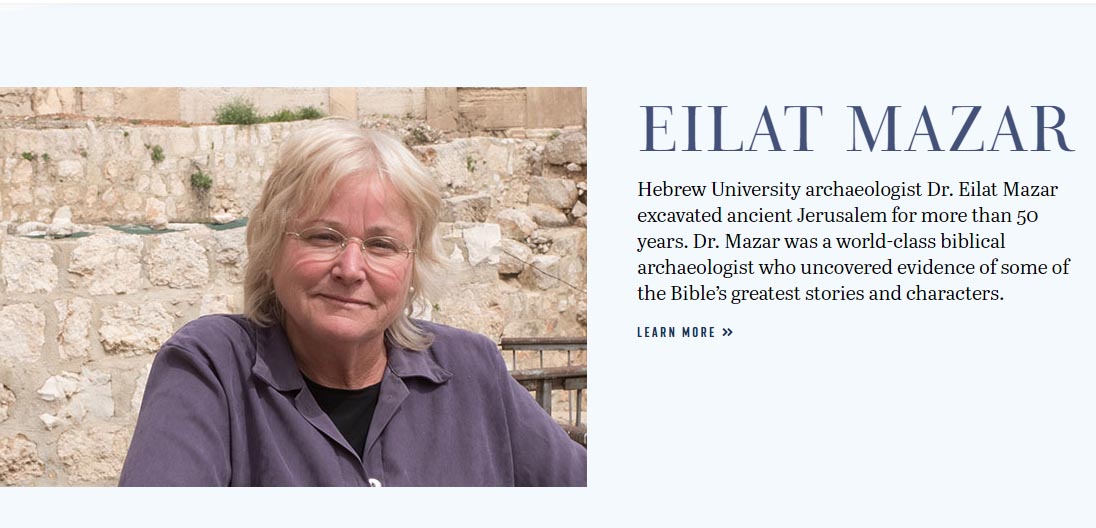I recently posted some background on my research for the books in the Age of the Kingdom series, but recently I’ve found a great new source that I wanted to talk about here.
In a piece of timing that was more than coincidence, in my opinion, I discovered the Armstrong Institute of Biblical Archeology (AIBA). They are having an especially good deal on membership right now and I took advantage of it. Imagine my delight when the first issue of the organization’s publication Let The Stones Speak arrived and the topic was “David and Solomon’s Monumental Kingdom”!

To say it was just the perfect time for me would be an understatement. I am now working on The Eternal Kingdom, Book 3 of the Age of the Kingdom series, which covers the first half of King David’s reign and this magazine is full of the latest archaeological discoveries and scholarship by people who have had their hands in the dirt in Jerusalem.
The issue is a special issue to coincide with a special David/Solomon exhibit in the organization’s museum located in Edmond, OK. They also have a location in Jerusalem. The magazine spends a lot of time on the excavations by Dr. Eliat Mazar on what is now believed by many to be David’s palace in Jerusalem.
As I have noted before, the conventional wisdom for many years was that King David, if he existed at all, was a minor local tribal chieftain and not the monarch of a major, extensive kingdom like is pictured in the Bible.
But there have been many major discoveries since the first archaeological proof of King David’s existence was discovered in 1993. In fact, the AIBA journal mentions many paradigm-shifting discoveries that are less than 10 years old.
So if someone tells you that scholars don’t believe King David existed, they are working off old information; they do not have any idea about the most recent scholarship.
It should be noted that the more is excavated by archaeologists, the more the Bible is confirmed, unlike the broader conventional wisdom, that scientific discoveries will eventually disprove the Bible.
That’s why in the books of this Age of the Kingdom series I take the Bible as history, because what has been happening for a couple hundred years is that the science of archaeology has piece-by-piece, supported the story the Bible tells.







